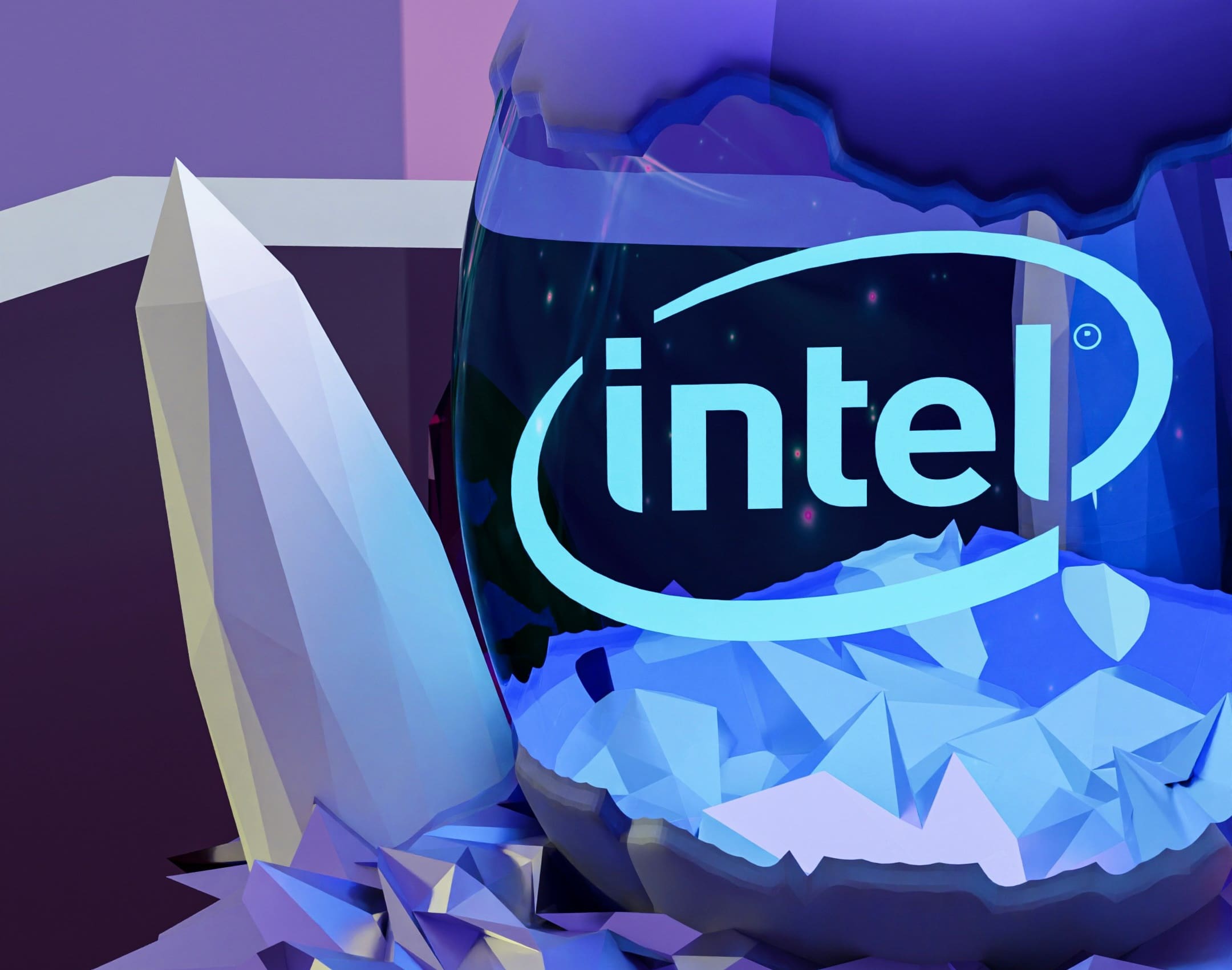In-Short
- Intel passed on acquiring a stake in OpenAI in 2017-2018, missing a significant AI market opportunity.
- OpenAI, now valued at $80 billion, has surged ahead with ChatGPT, while Intel struggles in the AI chip market.
- Intel’s market value has dropped, and it plans to cut its workforce by over 15% after disappointing earnings.
- The company is set to launch new AI processors in 2025, attempting to reclaim its position in the AI industry.
Summary of Intel’s Missed AI Opportunity
Intel, once a dominant force in the semiconductor industry, made a critical misstep between 2017 and 2018 when it overlooked the potential of generative AI and declined to invest in OpenAI. This decision, made under CEO Bob Swan, was driven by a focus on short-term gains rather than long-term strategic growth in emerging technologies. As a result, Intel missed out on what could have been a transformative investment in the AI revolution.
Today, OpenAI’s valuation has skyrocketed to approximately $80 billion, largely due to the success of its ChatGPT platform. In contrast, Intel is now trailing behind competitors like Nvidia in the AI chip market. This missed opportunity is reminiscent of Intel’s earlier decision to not produce processors for the iPhone, which similarly closed the door on a significant technological shift towards mobile computing.
Intel’s current market challenges are evident in its financial performance, with its market value falling below $100 billion for the first time in three decades. The company has also announced significant workforce reductions following disappointing earnings. Despite plans to launch its third-generation Gaudi AI chip later this year, it is uncertain whether Intel can recover its leading position in the AI hardware market.
The story of Intel’s hesitation to embrace generative AI serves as a cautionary tale for other tech companies. It highlights the importance of recognizing and investing in groundbreaking technologies early on to maintain a competitive edge. Intel’s future efforts, including the launch of new AI-focused processors, will be critical in determining whether the company can regain its status as an industry leader in the AI space.
For more detailed insights into Intel’s journey and its impact on the AI industry, please visit the original source.










